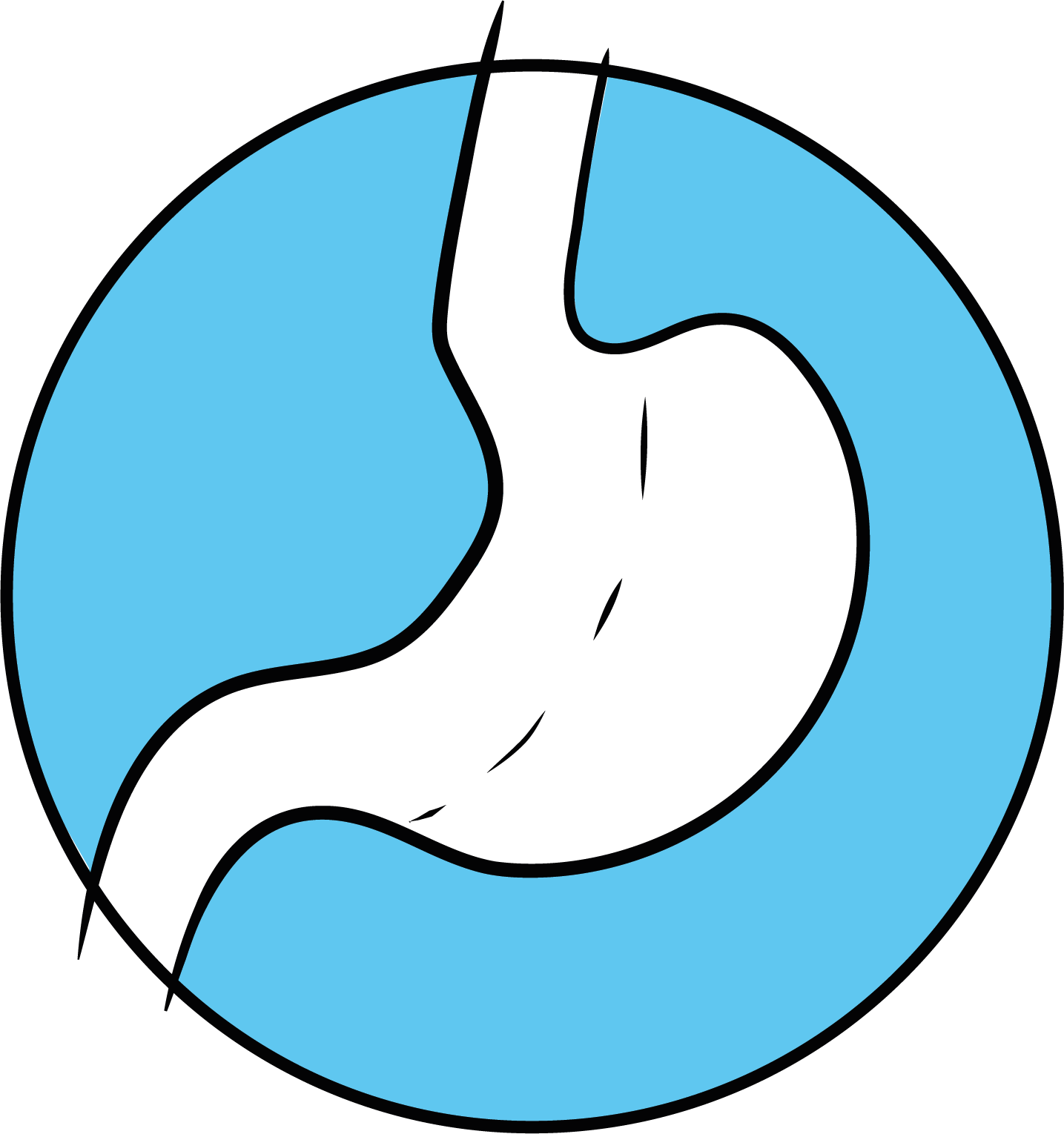What is a gastric sleeve?
The gastric sleeve is a surgical procedure that involves the resection of 80% of the stomach, leaving a tubular-shaped stomach. The original stomach can hold up to 2000 ml, but after surgery, this capacity is reduced to between 150-200 ml. This procedure is primarily restrictive but also has significant hormonal effects.
One of the most important hormonal changes is the decrease in ghrelin, a hormone produced in the gastric fundus, which is reduced by resecting this part of the stomach. Additionally, there is an increase in GLP-1 and PYY levels, hormones that help regulate appetite and glucose.
Indications:
– Patients with a BMI over 35.
– Patients with a BMI over 30 and who have a comorbidity.
– Patients with multiple unsuccessful weight loss attempts.
Contraindications:
– Severe reflux.
– Major depression.
– Mental disorders.
– Substance abuse.
– Some genetic syndromes.
It is possible to regain weight after undergoing a gastric sleeve. Continuous commitment from the patient and the multidisciplinary team is required. However, it is expected to lose 70-80% of excess weight. Between 5% and 35% of patients may experience weight regain, with the main causes being non-adherence to the nutritional plan, lack of exercise, and the presence of eating disorders.

